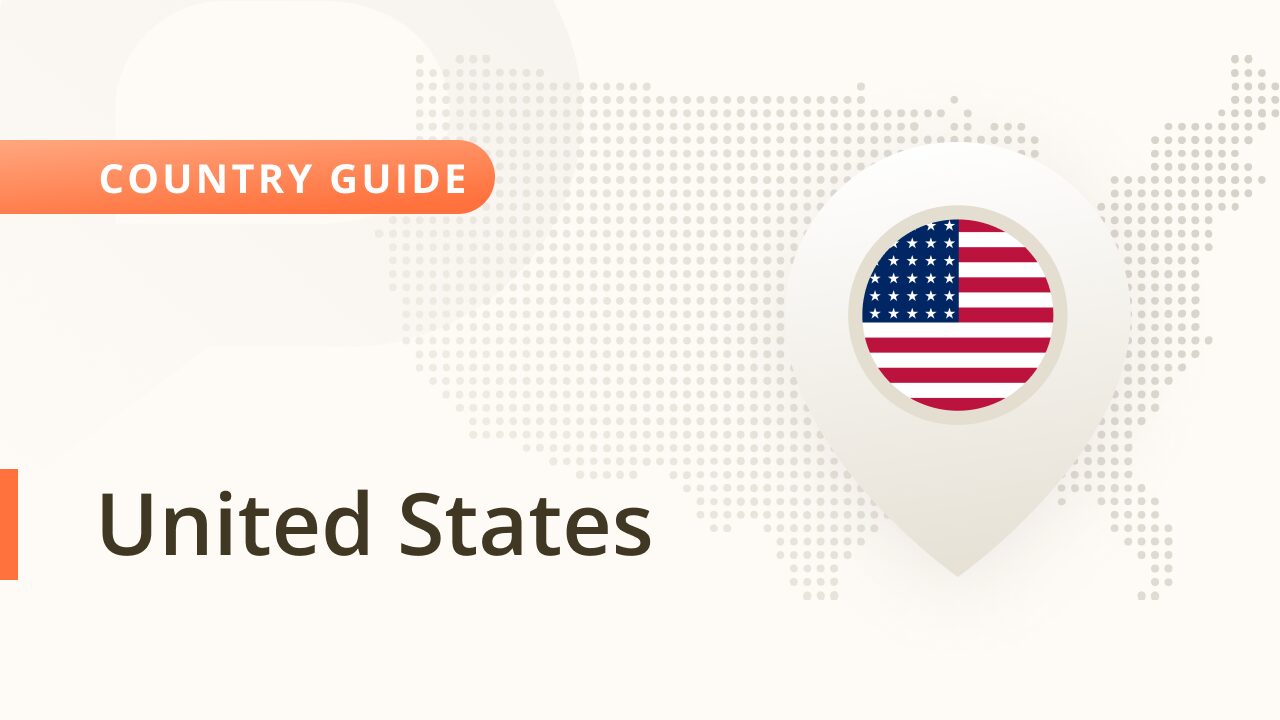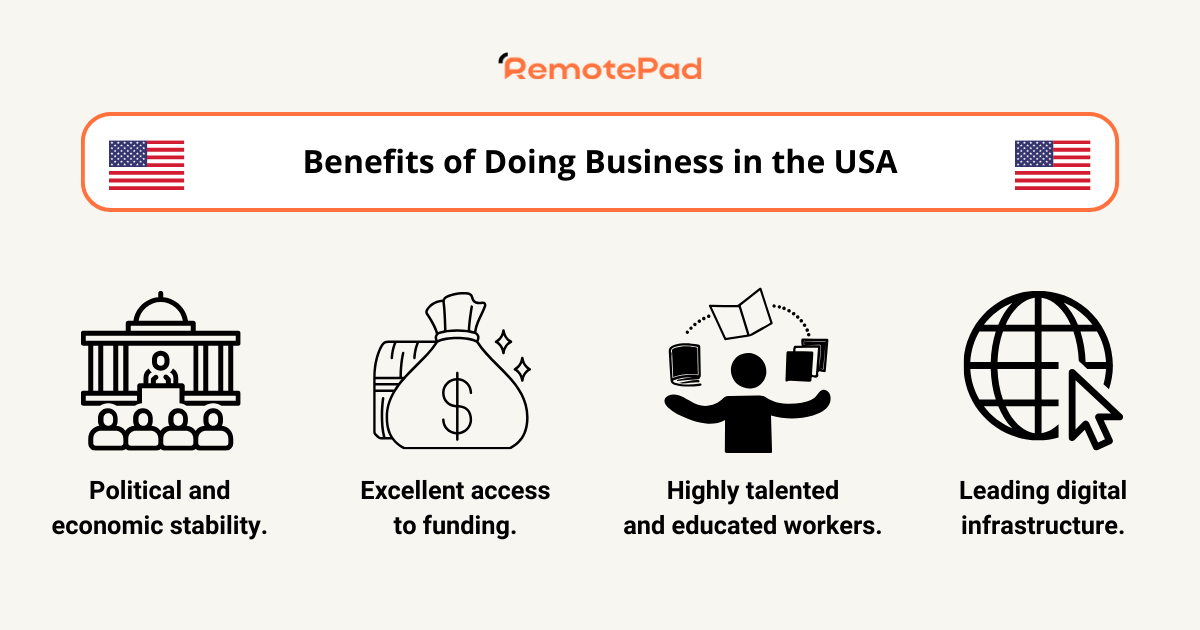Acquiring real estate for business operations in the US requires careful consideration of the location, zoning laws, and market conditions. It is recommended to engage real estate experts and legal advisors to navigate through the process successfully. Being aware of tax implications and securing favorable financing terms are critical in acquiring real estate for business purposes. Here are some general points to consider:
Navigating the Real Estate Landscape
In the world of business, acquiring real estate in the USA is not just a transaction; it’s a strategic move that can profoundly impact the success and growth of your enterprise. As you navigate the intricate process of securing property for your business, careful consideration of your specific needs, budget, and location becomes paramount.
Defining Your Real Estate Requirements
Begin by defining your business’s real estate requirements. Are you looking for office space in a bustling downtown area, a retail storefront in a high-traffic location, or an industrial facility in a strategically positioned logistics hub? These considerations will set the stage for your real estate journey.
Budgeting and Financing Strategies
Budgeting and financing are crucial steps in the process. Determine how much capital you have available for this investment and explore financing options. Whether you choose to purchase property outright, secure a commercial mortgage, or opt for a lease agreement, your financial strategy will play a pivotal role in your decision-making.
The Role of Location Research
Location research is where the heart of your business will reside. Extensive market analysis will help you identify the perfect spot, taking into account proximity to your target audience, accessibility, visibility, and adherence to local business regulations. Engaging with a local real estate expert can provide invaluable insights into the dynamic property market.
The Value of Real Estate Professionals
A licensed commercial real estate agent or broker will be your guide through this intricate journey. Their local expertise will help you identify suitable properties, negotiate deals, and navigate legal complexities. Your agent is a valuable asset in ensuring you make an informed decision.
Thorough Due Diligence
Due diligence is essential before finalizing any property transaction. Conduct inspections, assess zoning and land use regulations, and perform environmental studies. This meticulous examination ensures that the property aligns with your business goals and presents no unforeseen challenges.
Negotiating the Terms
Negotiations with sellers or landlords will determine the terms of your agreement, including pricing, lease agreements, and any necessary contingencies. Enlisting the assistance of a real estate attorney is critical to drafting legally sound contracts and ensuring compliance with local and state regulations.
Financing Guidance
If financing is part of your strategy, your lender will be a vital partner. They will guide you through the loan application process, reviewing your credit, financial documents, and overseeing underwriting to secure your financing.
The Closing Process
The closing process marks the culmination of your journey. It involves signing the final purchase or lease agreement, paying closing costs, and officially transferring ownership. Attention to detail during this stage is essential to ensure a smooth transition.
Post-Acquisition Planning
Post-acquisition planning includes establishing the property’s use, addressing any necessary renovations or improvements, and ensuring compliance with permits and licenses. Property management considerations, whether in-house or through a third-party management company, are vital for seamless operations.
Ongoing Compliance and Financial Considerations
Compliance with local, state, and federal regulations, as well as property taxes and financial obligations, should remain on your radar as you move forward.
As you venture into the realm of real estate acquisition for your business, remember that it’s more than a transaction; it’s an investment in your company’s future. Continuous market analysis and adaptability will ensure that your real estate strategy remains aligned with your evolving business objectives. In the dynamic landscape of American business, your property serves not only as a foundation but as a catalyst for growth and success.



